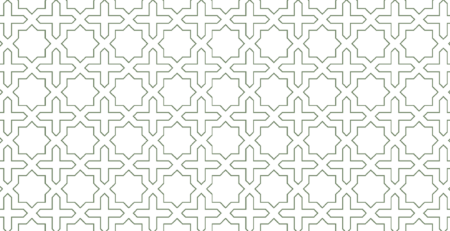Mediating the Space: Women and Religion in Morocco
Mai 2020
Introduction
The Constitution of Switzerland declares that the Confederation shall “[…] promote respect for human rights and democracy, the peaceful coexistence of peoples as well as the conservation of natural resources.” Within this context, the Human Security Division of the Federal Department of Foreign Affairs (FDFA) has created a program working on peace promotion with religiously motivated political actors. As part of the Swiss political culture, Switzerland has developed mechanisms to constructively address conflicts between religious communities throughout its history.
Since the uprisings in 2011, the FDFA and its partner, Cordoba Peace Institute – Geneva (CPI), have worked in several contexts in North Africa and the Middle East to alleviate tensions that had arisen from worldview differences. This engagement is based on the analysis that tensions between so called “Islamists” and “Secularists” are obstacles to inclusive and peaceful societies in the region. In this paper, the simplifying terms “Islamists” and “Secularists” are used with regard to the worldview references used by the actors themselves to describe their political aspirations and demands. This terminology does not point to their religious identity or faith.
Based on that analysis and at the request of local actors, the FDFA and CPI organized and facilitated a dialogue process in Morocco from 2015 to 2017. This project was formulated based on the observation that at the intersection of religion and politics, the status, role and condition of women is an incubator of tensions in society. These tensions have two direct consequences: they represent an obstacle to the advancement of women’s status and condition and further hinder the constructive cooperation between actors with different references.
The objectives of the dialogue process were: 1) to bring together actors of different references concerned with women’s issues in Morocco in order to reduce the obstacles arising from the polarization between secularists and Islamists in Morocco and 2) to identify and work on concrete initiatives in order to improve the status of women in Morocco.
The methodology used was the “Safe Mediation Space” (SMS) with the aim of bringing together people representing influential currents present in Moroccan society for a non-ideological dialogue that would enable them to engage jointly in concrete initiatives for the benefit of addressing women’s issues.
The aim of this paper is to present a concrete application of the SMS methodology, as very few concrete cases have been documented so far. As the methodology has been described in the literature, the main focus here is on reflection of the process itself.
The paper is structured into four sections: The first section gives a historical background of the issues at stake. In the second section, a brief overview of the theoretical background of the SMS methodology is presented. Conflicts with religious incompatibilities are provably more difficult to solve than other conflicts and the SMS is one methodology that can help to transform such conflicts. The third section of the paper illustrates a few elements of the conflict analysis, criteria for participation, the definition of the “ground rules”, the formulation of the common vision and the “safety lines”, negotiated intensively with the interlocutors, as well as the negotiated results of the implementation of the SMS. The fourth section of the paper presents a reflection on the lessons learnt and open questions.










